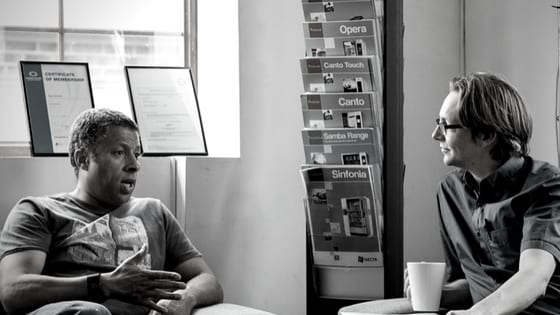Crossed arms. Sour faces. Seething silence. You are experiencing a mutiny and this is a defining moment in your leadership journey.
They don’t like the change. They disagree with you. And they aren’t budging.

What do you do?
You could tell them to do it, or else. Coercion is not a great option. You burn a lot of bridges that way. It’s the threat of authority that is tempting and an easy shortcut.
You could beg them to do it. Pleading is a bad look and you lose credibility and respect. Asking favours sounds more appealing, but leaves you beholden.
You could bribe them to do it. This works once, and then sets an expectation.
What are the alternatives that actually work?
1. Listen. If they’re not happy, there is often a good reason why. Find out. Let them be heard. People are far more willing to do something they don’t want to because they have at least been heard.
2. Timing. My good friend Simon Dowling talks about this in his awesome book, Work With Me. He says that is much like surfing: each morning you need to check the surf to see if there are any decent waves. Sometimes it’s not worth going out. Our initiatives are sometimes like that too: timing may be off. Choose your moment.
3. Speak to the heart. A story about why this is important will melt resistance. It’s got to be heartfelt, genuine and compelling. Use metaphors. Back it up with facts and statistics. Draw a map of the project. Show them how they fit in the picture.
4. Give them a choice. No one likes being dictated to. They always have a choice and it’s your job to show them. It does not have to be an ultimatum like, “You either do it or get out.” You can re-frame it like, “This is the path we think is the best way forward. I invite you to come on the journey with us and help us make the best of it.” They can always turn down an invitation.
5. Own the hard decisions. Sometimes the decisions you need to make suck. There are consequences that don’t always feel good, for you or for others. Do your best to deliver the news respectfully, from the heart, with compassion.
Leadership is a privilege. Never treat it lightly. Honour those who walk with you with respect and love. These are the moments that matter.
What are your defining moments? How did you deal with them? What helped you get through them?



















